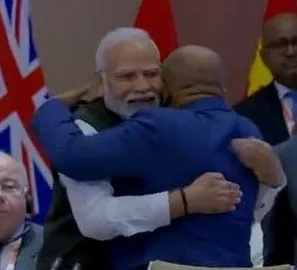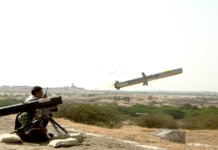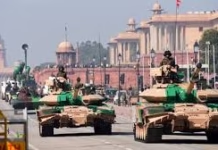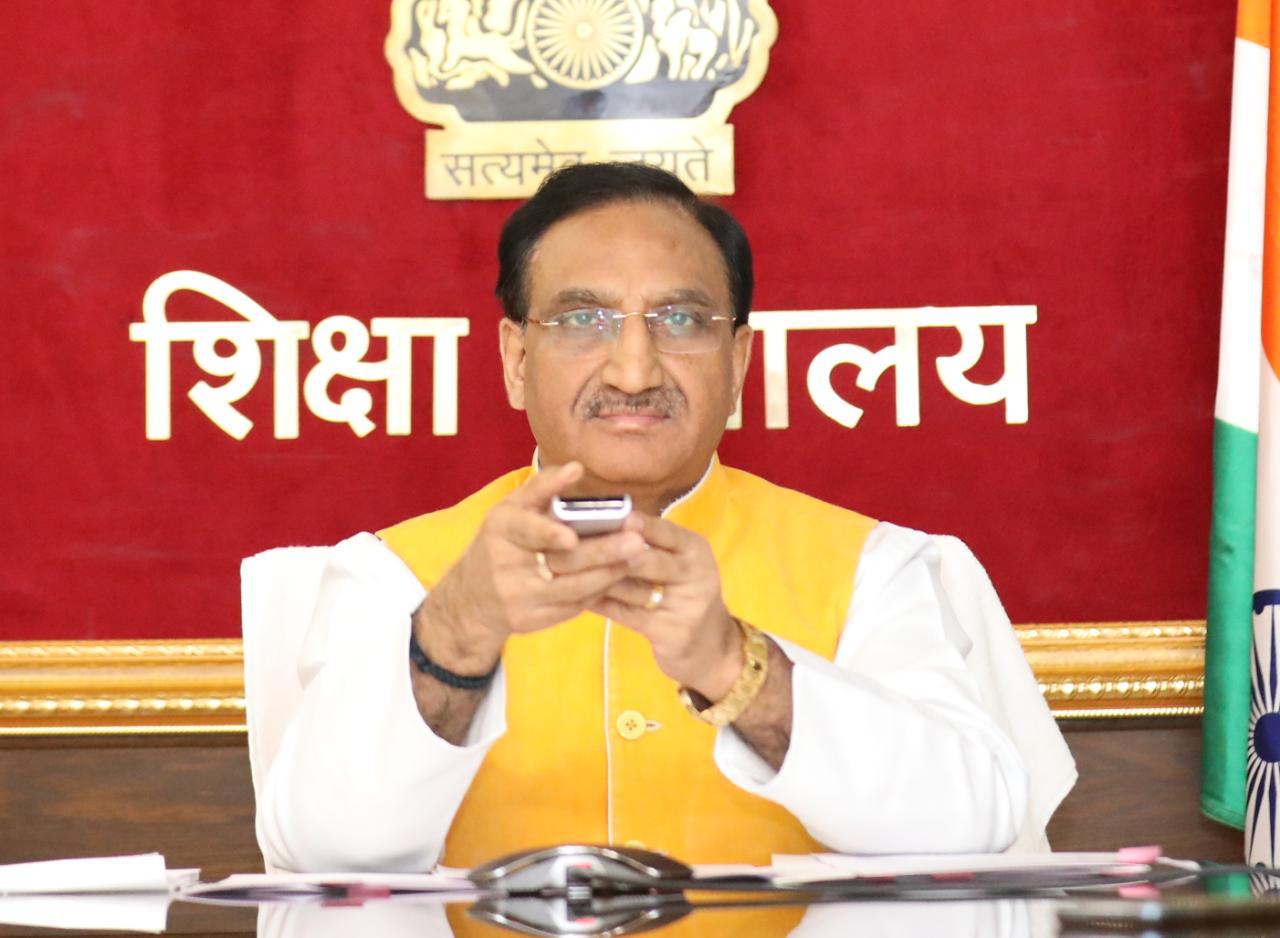With India’s effort G20 becomes G21
Kanwar Inder Singh/ royalpatiala.in News/ September 9,2023
Today, during the inaugural session of G20 summit in Delhi, Indian Prime Minister Narendra Modi forwarded a proposal to include African Union as a permanent member of the G20 countries, to which the representatives of other countries gave their acceptance.Countries like Germany, Brazil, and Canada have also expressed their support for African Union membership to the G20.
Later Prime Minister Narendra Modi invited Azali Assoumani, Head of the African Union, to take his seat as a permanent member of the G20. The African Union was made a permanent member of the G20, comprising the world’s richest and most and most powerful countries, Indian Prime Minister Narendra Modi said at the bloc’s summit in New Delhi on Saturday.
The G20 members include Argentina, Australia, Brazil, Canada, China, France, Germany, India, Indonesia, Italy, Japan, South Korea, Mexico, Russia, Saudi Arabia, South Africa, Turkey, United Kingdom, the United States and the European Union.
The African Union, a continental body of 55 member states, now has the same status as the European Union – the only regional bloc with a full membership. Its previous designation was “invited international organisation”.
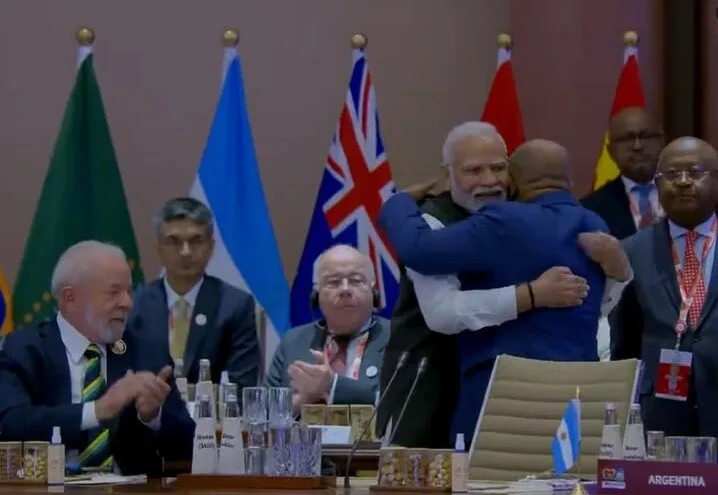
The G20 previously comprised 19 countries and the European Union, with the members representing around 85% of global GDP, more than 75% of global trade and about two-thirds of the world population.
Besides, the G20 this year has also invited nine non-member countries, including Bangladesh, Singapore, Spain, and Nigeria, and international organisations such as the United Nations, World Health Organization, the World Bank, and the IMF on the 9 and 10 September Summit.
Now, all eyes are on the organising country, when the formal declaration of G20 becoming G21 will be made.
WHAT IS THE G20?
The world’s 20 major countries formed an economic grouping after the Asian financial crisis in 1999 with the understanding that such crises could no longer be contained within a nation’s borders and required better international economic cooperation.

